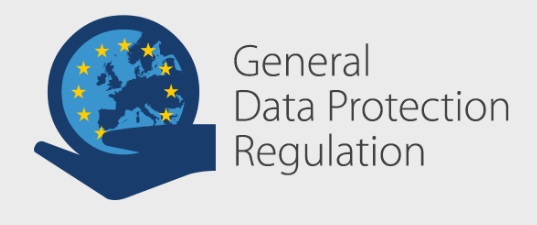Marketers at major multinationals have a significantly greater awareness of the GDPR with one month to go until the EU’s deadline for compliance, but half of marketers are not regarded as fully aware of the implications for future campaigns, according to new research.
New research by the World Federation of Advertisers found that 98% of respondents believe that marketers in their organizations are either aware or actively working on the GDPR, compared to 76% in the WFA’s last survey in July 2017.
However, the survey also found that while many marketers have at least a basic understanding of the GDPR, many still have significant gaps in their knowledge.
Forty-one percent of brand owners feel that marketers in their organizations are fully aware of the implications of the GDPR for future marketing campaigns – an improvement on just 24% in July 2017 – leaving half (52%) of marketers with major knowledge gaps.
The WFA’s GDPR Survey is based on responses, collected in March and April 2018, from 34 multinational companies, spending in excess of $65bn on marketing communications across a wide variety of sectors including food, automotive, toys, banking, airline and telecoms. Two in three respondents were in global roles, and respondents had a range of job titles across marketing, media, legal, regulatory/compliance and digital governance.
Despite the knowledge gaps, the research found that marketing is one of the most engaged areas of many businesses with the GDPR. Only legal and regulatory/compliance departments are perceived to be more active on the GDPR than marketers.
The implications of the GDPR for business – failure to comply exposes brands to the risk of heavy fines and reputational damage – are also much more well understood. Ninety-five percent of respondents said that implementing the GDPR is important for their organization and over 70% said it is critically important. This is a significant increase from WFA’s previous survey 2017, when 82% of respondents said the GDPR was important with 59% saying it was critically important.
The results also reveal that the top three priorities for brand owners are currently to:
- Review procedures to handle individuals’ requests related to their personal data (e.g. erase or rectify data). This is the highest area of “high priority” responses (69%) from the survey but it also scored lowest in terms of implementation (12%).
- Review contracts with third parties such as agencies (64%). Companies must ensure responsible data use across the entire digital advertising value chain.
- Review and update records of data processing activities (62%). Piecing together global companies’ data processing activities is a crucial part of operationalizing the GDPR.
“It’s perhaps unsurprising to see how marketers are approaching the challenge of compliance with GDPR with greater urgency than before. Our previous survey showed that there was a knowledge gap amongst marketers but it seems that the pace of work has dramatically improved since 2017.” said Stephan Loerke, CEO at the WFA
Other key findings from the research include:
- Nine in 10 respondents said their companies were carrying out training or internal communications.
- Half (50%) are increasing or plan to increase recruitment of data protection specialists or external consultants to help them handle the GDPR.
- Eight in 10 respondents said that European teams were more aware of the GDPR. Respondents said that this was largely due to the GDPR being perceived as having a greater impact on EU teams.
“GDPR is challenging marketers and indeed many other roles to change their data culture and their systems of managing consumer data. But GDPR represents a great opportunity to adopt a mindset of ‘people first’ rather than ‘data first’ across the entire organization. Adopting a more respectful approach to personal information can only build trust. This is something we’ve just spelt out explicitly as part of the WFA Data Transparency Initiative, developed by some leading brands as a rallying cry to embrace the spirit of GDPR at a global level,” said Stephan Loerke, CEO at the WFA.
The World Federation of Advertisers (WFA) is the voice of marketers worldwide, representing 90% of global marketing communications spend – roughly US$900 billion per annum – through a unique, global network of the world’s biggest markets and biggest marketers. WFA’s champions responsible and effective marketing communications worldwide. M
Source: www.wfanet.org

